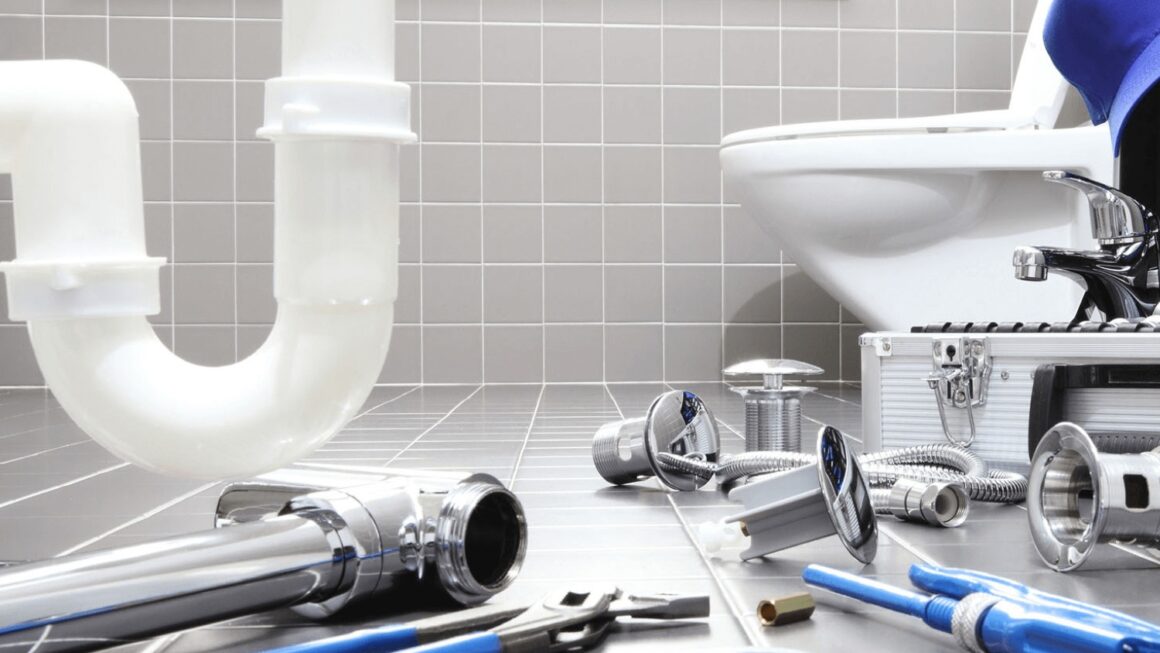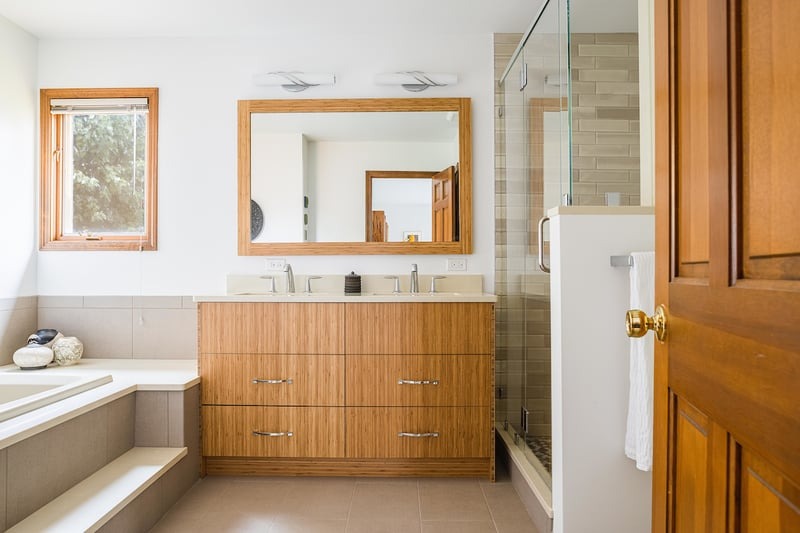In your backyard, a pool in Greenville, SC, can transform your home into a private oasis, providing a perfect relaxation, exercise, and entertainment spot. Building a pool involves several important steps and decisions that ensure the final product meets your expectations and lifestyle needs. We will explore the key considerations when building a pool and the benefits it brings to your home and family.
Planning Your Pool
Defining Your Pool’s Purpose
Before breaking ground, it’s crucial to define the primary purpose of your pool. Are you looking for a place to exercise, a luxurious, relaxing spot, or a fun area for family gatherings? Understanding your pool’s main purpose will guide many decisions, including its size, shape, depth, and additional features. For instance, a lap pool designed for exercise will have different requirements than a recreational pool for family fun. Defining your pool’s purpose helps ensure the final design meets your needs and enhances your overall satisfaction.
Budgeting and Financing
Budget is a significant factor in the pool-building process. Determining how much you are willing to spend helps make informed decisions about the pool’s size, materials, and features. It’s important to consider the initial construction costs and ongoing maintenance expenses. Setting a realistic budget early in the planning stage can prevent overspending and ensure you get the most value from your investment. Exploring financing options, such as home equity loans or pool financing programs, can make the project more affordable and manageable.
Selecting the Location
Choosing the right location for your pool is essential for its functionality and aesthetics. Factors to consider include sunlight exposure, privacy, accessibility, and landscaping. The pool should ideally be placed in an area that receives ample sunlight to keep the water warm and reduce heating costs. Privacy is another key consideration, as you may want to position the pool away from neighbors’ views or install privacy screens. Additionally, easy access from your home to the pool area enhances convenience and usability. Working with a professional can help you identify the optimal location for your pool.
Designing Your Pool
Choosing the Pool Type
There are several types of pools to choose from, including concrete, vinyl, and fiberglass. Each type has its advantages and considerations. Concrete pools offer the most flexibility in shape and design but can be more expensive and take longer to install. Vinyl pools are typically less expensive and quicker to install but may require more frequent liner replacements. Fiberglass pools are durable and low-maintenance, but the pre-fabricated molds can limit design options. Understanding the pros and cons of each pool type can help you make an informed decision that aligns with your preferences and budget.
Adding Features and Accessories
Adding features and accessories can enhance the functionality and enjoyment of your pool. Popular features include waterfalls, slides, diving boards, and hot tubs. These elements can transform a basic pool into a luxurious retreat. Additionally, practical accessories like pool covers, heating systems, and lighting can improve safety, extend the swimming season, and create an inviting atmosphere for evening swims. Consider how these features and accessories will fit your budget and overall vision when designing your pool.
Considering Safety Measures
Safety should be a top priority when designing your pool. Implementing safety measures, such as fencing, alarms, and pool covers, can prevent accidents and ensure that the pool area is secure for children and pets. Many regions have specific regulations regarding pool safety, so it’s important to familiarize yourself with local requirements and incorporate them into your design. Installing slip-resistant surfaces around the pool and marking depth changes can also enhance safety for all users. By prioritizing safety in your design, you can create a pool that is both enjoyable and secure.
Building Your Pool
Hiring a Reputable Contractor
Choosing the right contractor is critical to the success of your pool-building project. Look for a contractor with a strong reputation, positive reviews, and relevant experience. It’s advisable to request references and visit completed projects to assess the quality of their work. A reputable contractor will provide a detailed proposal, including timelines, costs, and a clear outline of the construction process. Clear communication with your contractor throughout the project ensures that your expectations are met and any issues are promptly addressed.
Understanding the Construction Process
Understanding the construction process helps set realistic expectations and minimizes surprises. The process typically includes several stages: excavation, plumbing installation, framework construction, concrete pouring or liner installation, and finishing touches such as tiling and landscaping. Each stage requires careful planning and coordination to ensure a smooth and efficient build. Awareness of the construction timeline and potential delays, such as weather conditions, can help you prepare and stay informed throughout the project.
Managing the Project
Effective project management is essential to keep the construction on schedule and within budget. Regular communication with your contractor, periodic site visits, and timely decision-making can help address any issues that arise. Keeping detailed records of contracts, payments, and changes to the project plan ensures transparency and accountability. By actively managing the project, you can help ensure a successful outcome and a pool that meets your expectations.
Enjoying the Benefits
Health and Wellness
A pool offers numerous health benefits, including low-impact exercise, relaxation, and stress relief opportunities. Swimming is an excellent cardiovascular workout that can improve fitness and overall well-being. Additionally, the calming effect of water can help reduce stress and promote mental health. Having a pool at home makes incorporating these healthful activities into your daily routine convenient, enhancing your quality of life.
Social and Recreational Value
A pool provides a focal point for social gatherings and recreational activities. It offers a space for family and friends to unite, creating lasting memories. Whether it’s a summer barbecue, a pool party, or a quiet evening swim, a pool enhances the social value of your home. The enjoyment and relaxation that a pool provides can make it a cherished feature for years to come.
Increasing Property Value
A well-designed pool can increase the value of your property. Pools are often seen as a desirable feature that can set your home apart in the real estate market. While the return on investment can vary based on location and market conditions, a pool can make your home more attractive to potential buyers. Investing in quality construction and design can maximize this benefit and ensure that your pool adds significant value to your property.
Conclusion
Building a pool is a significant investment that requires careful planning and consideration. By defining your pool’s purpose, setting a budget, selecting the right location, and choosing appropriate features, you can create a pool that meets your needs and enhances your lifestyle. Working with a reputable contractor and understanding the construction process ensures a smooth project and a high-quality result. The benefits of having a pool, including improved health, social value, and increased property value, make it a worthwhile addition to your home.



